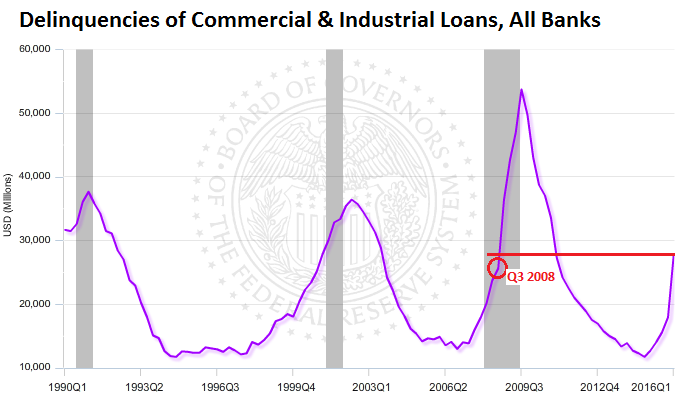There is a meme that has gone global since the early days of the Occupy movement. Here it is as a wall graffiti from Greece that uses the same meme we first saw in NYC in 2011:

Just kidding capitalism, it really is you.
The artist is a Greek who styles himself as Lotek. The name Lotek is derived from the short story (and later, a film) by William Gibson called Johnny Mnemonic. The story is set in 2021, in a world ruled by corporations. An anti-authoritarian gang that are called Lo-Teks, fight the power. They are in fact not low tech at all, but are high tech hackers. Sound familiar?
Greece is surely a place at war with neoliberalism and free market capitalism. So is it also time for us to reconsider capitalism?
Consider this from Mark Blyth in Foreign Affairs:
An inherent tension exists between capitalism and democratic politics since capitalism allocates resources through markets, whereas democracy allocates power through voting.
The compromises both systems have struck with each other over recent history shapes our contemporary political and economic world. Blyth observes:
- In the three decades that followed World War II, democracy set the rules, taming markets with the establishment of protective labor laws, restrictive financial regulations, and expanded welfare systems.
- Starting in the 1970s, a globalized, deregulated capitalism, unconstrained by national borders, began to push back.
And today, capital markets and capitalists are setting the rules, and democratic governments follow them.
Some background: Cutting taxes in the 1980s caused government revenues to fall. Deficits widened, and interest rates rose as those deficits became harder to finance. At the same time, conservative governments, especially in the UK and the US, dismantled the regulations that had reined in the excesses of the financial service industry since the 1940s.
The financial industry began to grow unchecked, and as it expanded, investors sought safe assets that were highly liquid and provided good returns: the debt of developed countries.
This allowed governments to plug their deficits and spend more, all without raising taxes.
But the shift to financing the state through debt came at a cost. Since WW II, taxes on labor and capital had provided the foundation of postwar state spending. But, as governments began to rely more on debt, the tax-based states of the postwar era became the debt-based states of today.
This transformation had profound political consequences. The increase in government debt has allowed capitalists to override the preferences of citizens:
- Bond-market investors can now exercise an effective veto on policies they don’t like by demanding higher interest rates when they replace old debt with new debt.
- Investors can use courts to override the ability of states to default on their debts, as happened recently in Argentina
- They can shut down an entire country’s payment system if that country votes against the interests of creditors, as happened in Greece in 2015.
- Citizens United dictates who runs for office in the US, and in many cases, who wins.
Now that the financial industry has become more powerful than the people, should we blindly follow capitalism’s meme as the only way forward?
Free-market rhetoric hides the dependence of corporate profits on conditions provided for, and guaranteed by, governments. For example:
- Our financial institutions insist that they should be free of meddlesome regulations while they depend on continuing access to cheap credit from the Federal Reserve.
- Our pharmaceutical firms have resisted any government limits on their price-setting ability at the same time that they rely on government grants of monopolies through our patent system.
To use a sporting metaphor, it’s as if the best football team purchased not only the best coaches and facilities, but also bought the referees and the journalists as well. Those responsible for judging economic competition have lost all authority, which leaves the dream of ‘meritocracy’ or a ‘level playing field’ in tatters.
In our country, the divide between the business oligarchs, the political class and “the people” increasingly appears unbridgeable, marked by hostility and deep distrust. When people are told for a generation that government mustn’t make decisions that interfere with free markets, it is inevitable that people will lose faith in democratic governance, and in government’s capacity to help them solve their problems.
Capitalism in its current form no longer works for the people. We have seen a reaction in the start of movements by Occupy, by Bernie, and by others in Europe.
Remember that the greatest prosperity in living memory in the US came during the brief social democratic moment, in the 1950s and 1960s, when the constraints on business were the greatest.
More democracy and more economic justice are the necessary foundations for the path to a more prosperous, and sustainable economy.
A reformed capitalism must be a part of what emerges from that fight.







